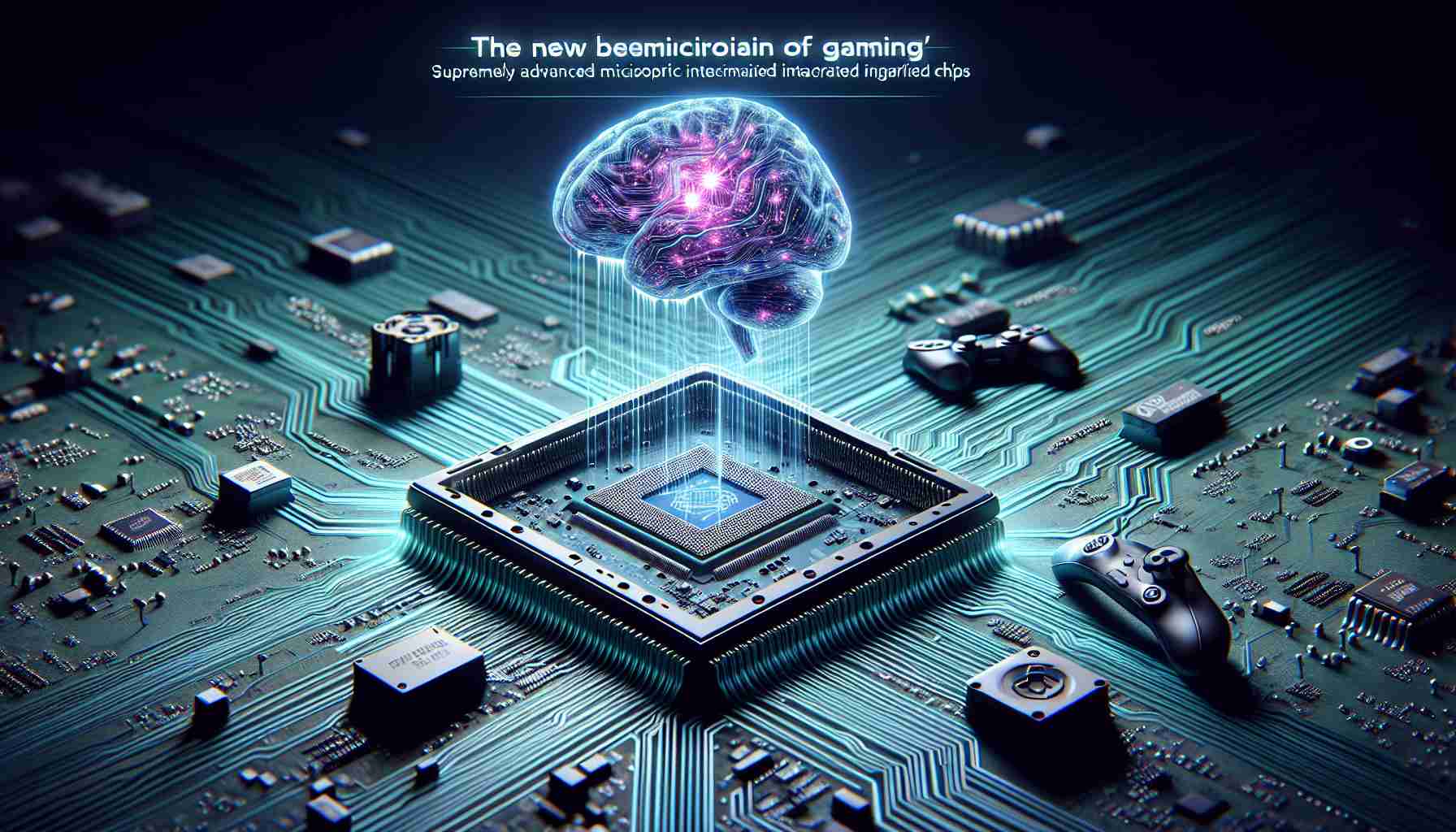The heart of gaming technology is on the brink of a transformation. Taiwan’s semiconductor industry plays a pivotal role in this evolution. As gaming fans search for increasingly realistic graphics and seamless game experiences, Taiwanese semiconductor companies lead the charge with groundbreaking developments.
Taiwan’s Dominance in Chip Manufacturing
Taiwan has long been a leader in semiconductor production, boasting industry giants like Taiwan Semiconductor Manufacturing Company (TSMC). TSMC and its counterparts dominate the global market by producing high-performance chips essential to gaming consoles, PCs, and mobile devices. This expertise is crucial to meeting gamers’ ever-increasing demands for speed and power.
Emerging Technologies and Gaming Evolution
Recently, Taiwanese semiconductor firms have begun exploring cutting-edge technologies like 3D chip stacking, AI integration, and advanced 5nm and 3nm processes. These innovations enhance the performance of gaming hardware by boosting processing speed and power efficiency, leading to more immersive and responsive gaming experiences. Taiwan’s technological advancements promise to redefine gaming, offering experiences that push the boundaries of what’s possible.
Addressing Challenges and Ensuring Sustainability
Despite their successes, Taiwan’s semiconductor companies face challenges, such as global supply chain disruptions and environmental concerns. Fortunately, the industry is proactive in developing sustainable practices, like energy-saving manufacturing techniques and recycling programs, to mitigate these issues.
In summary, Taiwan’s semiconductor industry is at the forefront of revolutionizing the gaming sector. With continued innovation and a focus on sustainability, Taiwan is poised to lead the next era of gaming technology.
The Hidden Challenges Behind the Gaming Chip Revolution
While Taiwan’s semiconductor industry is at the forefront of gaming technology advancements, the ripple effects of its innovations pose intriguing challenges and opportunities for communities and countries globally.
Global Implications of Semiconductor Advances
One noteworthy consequence of Taiwan’s technological leadership in semiconductors is the intensifying global tech competition. Countries like the U.S., China, and South Korea are keenly observing Taiwan’s advancements, potentially leading to increased investments and innovation in their semiconductor sectors. This geopolitical dynamic can create opportunities for collaboration but also heighten tensions over technological dominance.
Impact on Gaming Communities
For gaming communities, the benefits of advanced semiconductors are clear—more realistic graphics and faster gameplay. However, these innovations might widen the gap between gamers with access to the latest technology and those without. This raises questions about the accessibility of next-gen gaming experiences: Will economically disadvantaged gamers be left behind, and how can the industry address this disparity?
Environmental Concerns: A Double-Edged Sword
While Taiwanese firms are pioneering more sustainable manufacturing techniques, the production of new chips is resource-intensive, contributing to ongoing environmental challenges. Communities near manufacturing plants face the adverse effects of pollution, suggesting a complex trade-off between technological progress and environmental sustainability.
Advantages and Disadvantages
The technological leap in gaming chips presents a duality. On the one hand, there’s unparalleled progression in gaming realism and performance. On the other, there’s a growing environmental footprint and potential socioeconomic inequality in gaming access. Is the future of gaming worth these costs?
For more insights on the semiconductor industry, visit TSMC and Digitimes.



















